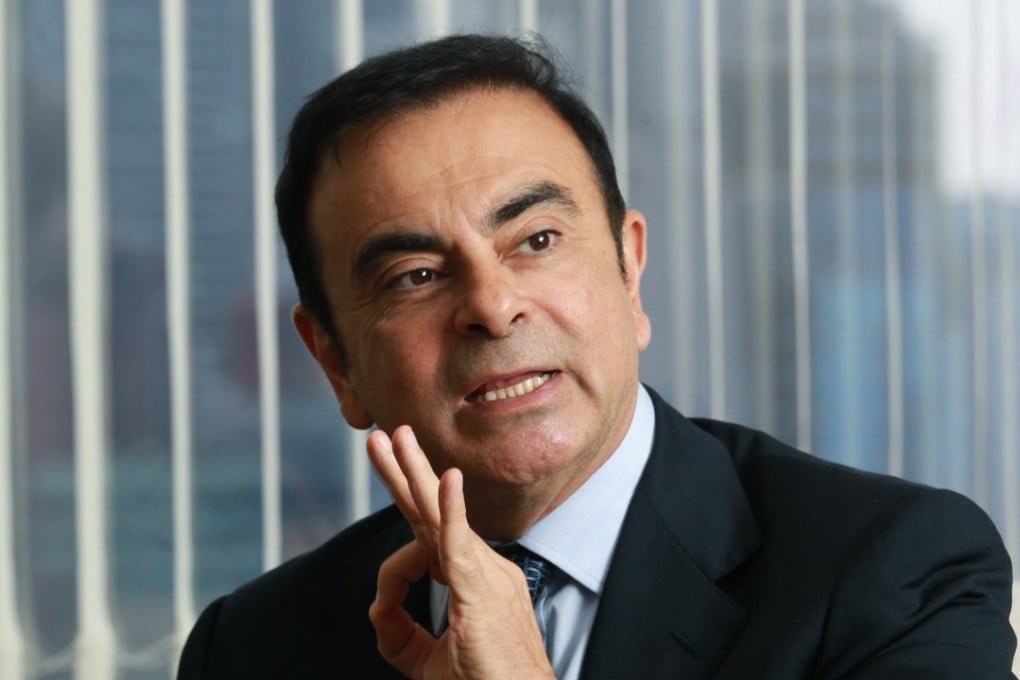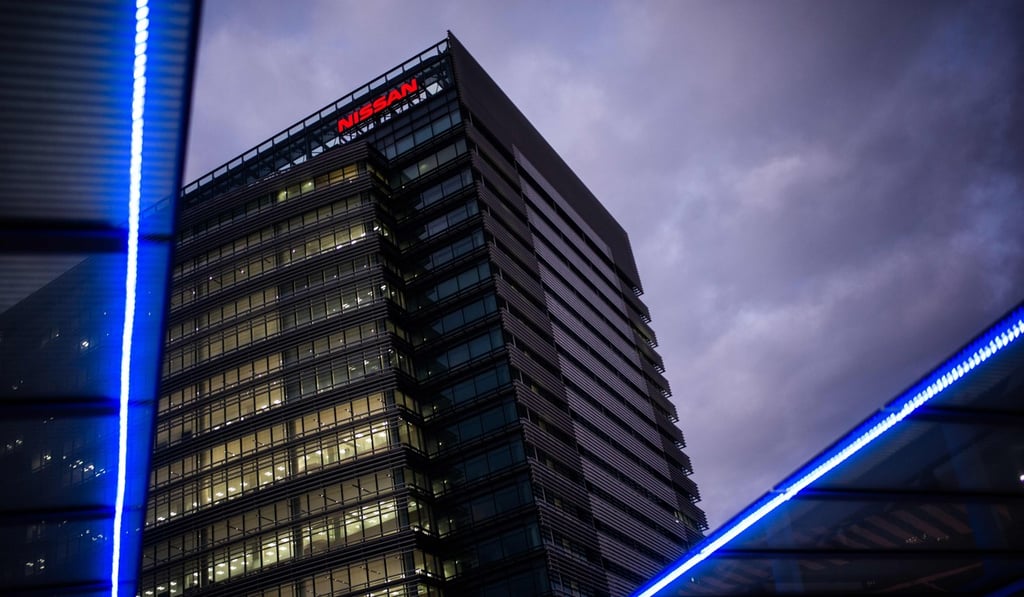Going, going, Ghosn: does Nissan boss’ downfall signal the end for the Japanese carmaker?
- Charismatic and revered, Ghosn seemed a superhero among corporate leaders. So what brought about his lustrous career’s ignoble end?

To many students and executives in the leadership programmes I ran, Carlos Ghosn seemed the stuff of legend, having turned around the likes of Michelin, Renault and then a nearly bankrupt Nissan.
He was a charismatic, pacesetting leader who got results - nicknamed “Le Cost Killer” in his native France and “Seven-Eleven” for his exceptional work ethic in Japan. Described by a Japanese manga author as having a God-like quality, Ghosn seemed to be the superhero of corporate leaders. He was also someone with high cultural intelligence: born in Brazil to Lebanese parents, educated in a Jesuit school, and living and working successfully across continents.
The fact that Ghosn could not be identified with any one culture only added to his appeal. Under Ghosn’s watch, Nissan launched the world’s first mass-produced electric car, was listed fourth in Forbes’ list of the world’s most innovative companies, and won awards for its diversity and inclusiveness.
Never in our wildest dreams did my students and I imagine that the next chapter in Ghosn’s life would see him being arrested by the Japanese police and fired from Nissan after whistle-blowing accusations of tax evasion
In my classes, we followed the 18-year career of Ghosn at Nissan, tracing the many twists and turns that he and the company went through: from the Nissan Revival (or resuscitation) Plan in the first two years of his tenure, to the turnaround initiative, dubbed Nissan 180, which saw the company return to profitability ahead of schedule.
Next was Nissan Value Up, which targeted higher sales, new car models and returns for shareholders - although Ghosn did have to ask for an extension to meet his targets. Yes, even superheroes need extensions sometimes.
This was followed by another ambitious strategy known as Nissan GT 2012 that called for an electric vehicle and belated expansion into Brazil, Russia, India and China. With Ghosn at the helm, Nissan became the first auto company to return to profitability after the global financial crisis of 2007-2008.
In 2010, the carmaker launched the Leaf, an affordable mass-produced electric car, only to be dragged down again by the deadly Japan earthquake and tsunami of 2011. Videos we watched showed Ghosn visiting a quake-hit plant in Iwaki near Fukushima. My students admired his bravery and dedication, and the way that he boosted the confidence of Nissan employees.

